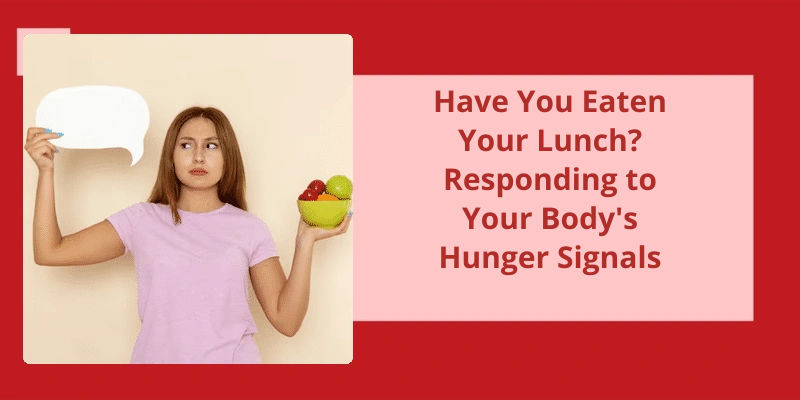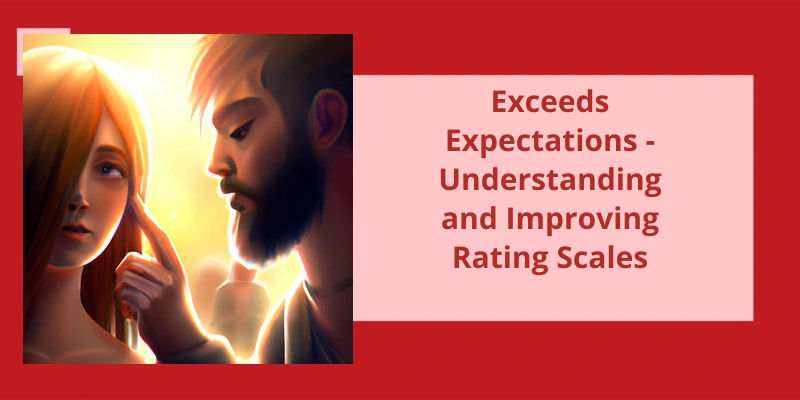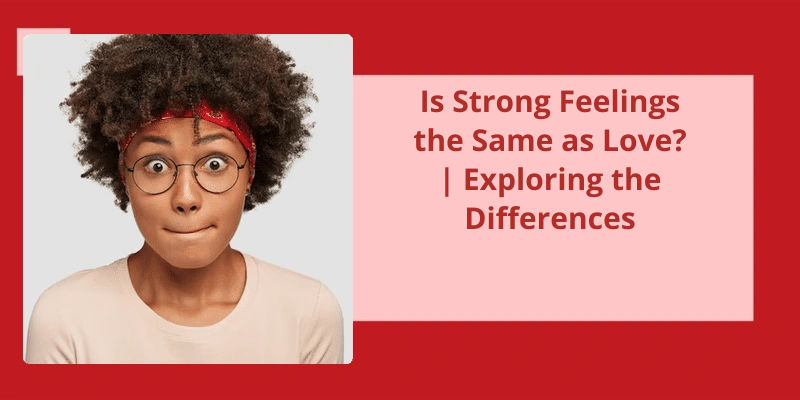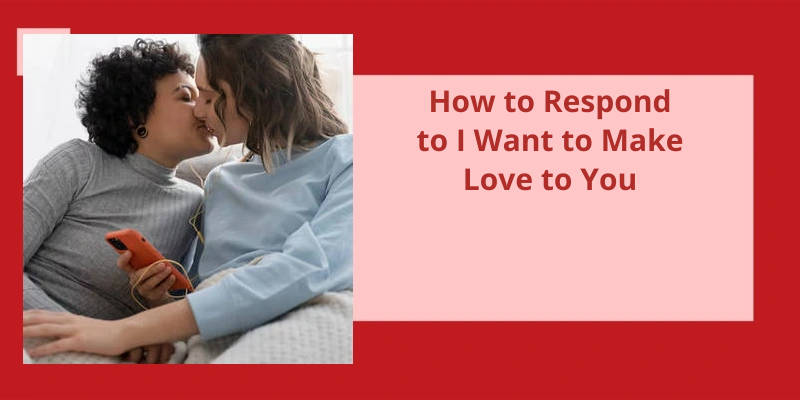Asking someone whether they’ve eaten their lunch is a common question in many cultures around the world. It's a simple, everyday inquiry that we often hear from friends, family, or even colleagues. However, the way we respond to this question can reveal a lot about our lifestyle habits, eating preferences, and even our mood. Some people may respond with a simple "yes" or "no," while others may elaborate on what they’d for lunch, how much they ate, or whether they enjoyed their meal. Whatever your response may be, the question of whether you've had lunch is a critical one, as skipping meals can have adverse effects on our health, wellbeing, and productivity. So, have you’d your lunch yet?
Is It Correct to Say Have You Eaten Your Lunch?
Using more general verbs like “have you’d lunch?” or “have you food-ed?” can be confusing and harder to interpret, especially for non-native English speakers. By choosing a specific verb like “eaten,” you make your message clearer and easier to understand.
Furthermore, the use of “have you” in the sentence is also correct because it’s the present perfect form, which indicates a completed action that’s relevance to the present. In this case, the action of eating lunch has been completed, and you’re asking whether it’s been done or not.
Another alternative could be “did you eat your lunch?” which uses the simple past tense. However, this implies that the action is completely in the past and doesn’t necessarily have relevance to the present. By using the present perfect, you show that the action has a connection to the present moment.
It’s also worth noting that the word “your” in the sentence is essential because it specifies whose lunch you’re referring to. Without it, the sentence could be interpreted as a general inquiry about lunch, which could lead to confusion. Adding the possessive pronoun makes the sentence more specific and concise.
Overall, “have you eaten your lunch” is the most correct way to ask someone if they’ve already consumed their midday meal. Using a specific verb and possessive pronoun adds clarity and precision to the question, making it easier to understand.
Now that we’ve covered the importance of responding with “Yes, I have” instead of “Yes, I had” when asked if you’ve eaten breakfast, it’s worth exploring other common communication pitfalls that can be easily avoided. By keeping a few basic rules in mind, you can master the art of effective communication and build stronger connections with those around you.
Have You Eaten Your Breakfast Response?
Breakfast is an essential meal of the day that shouldn’t be skipped. It provides our bodies with the necessary nutrients and energy required to carry out the daily activities. However, sometimes we forget to have it due to lack of time or just negligence. If someone asks you if you’ve had your breakfast, replying with Yes, I’d could mean that you’d it at some point, maybe the previous day. This makes it necessary to respond with Yes, I’ve to convey the message that you’d breakfast today.
It’s a polite way of inquiring about your well-being. Replying with Yes, I’ve is more appropriate and shows that you understand the questions context without giving a vague answer. Also, it establishes good communication between you and the person you’re talking to.
Saying I’ve instead of I’d shows that you’re aware of the present tenses importance. It communicates that you know what’s happening at that moment and provides accurate information. Furthermore, it’s a sign of respect in some cultures to answer questions properly, which includes using the right tense and grammar in communication.
One reason to avoid responding with Yes, I’d is to avoid confusion. Since this question is commonly used informally, some people may assume that you’d breakfast today. However, if you use the phrase I’d instead of I have, you might create confusion or misunderstandings. It’s crucial to communicate accurately to avoid such instances.
Source: Which one is correct, ‘Have you’d your breakfast’ or ‘did …
Asking someone if they’ve eaten their lunch yet is a common inquiry that we often make to our friends and family. However, it’s important to use the right grammatical construction when phrasing such a question. The present perfect form of the verb is the preferred way to ask about lunch because it indicates a time period from the past until the present. Let’s dive deeper into why this matters.
Have You Eaten or Ate Your Lunch Yet?
Asking about lunch is a common and polite greeting in many cultures that often implies concern for the other persons well-being, but it can also serve as a way to start a conversation or build rapport. Lunch is a meal that’s traditionally eaten around midday, but the exact timing and content can vary widely depending on personal habits, cultural norms, and geographic location. Some people prefer to have a light snack or salad, while others enjoy a full course meal with meat, vegetables, and dessert.
Eating lunch can be beneficial for both physical and mental health, as it provides essential nutrients to fuel the body and brain, and can also serve as a social and cognitive break from work or other activities. Skipping lunch or having an unhealthy or unbalanced meal can lead to fatigue, irritability, and poor productivity, so it’s important to prioritize this meal as part of a healthy lifestyle.
There are many different ways to enjoy lunch, depending on personal preferences and circumstances. Some people prefer to pack their own meals from home, while others enjoy going out to restaurants or cafes. Some workplaces offer on-site cafeterias or catering services, while others encourage employees to take breaks and eat outside or in shared spaces. Whatever the choice, it’s important to make time for lunch and to choose foods that are both delicious and nourishing.
In summary, the question “Have you eaten lunch yet?” is a polite and caring way to check in with others and start a conversation. It can also serve as a reminder to prioritize this important meal as part of a healthy lifestyle. So, have you eaten lunch yet?
Have You Eaten the Breakfast or Did You Eat?
Breakfast is considered by many to be the most important meal of the day. It sets the tone for the rest of your day and fuels your body with the necessary energy and nutrients to perform at it’s best. Thats why it’s crucial to make sure that you’ve eaten your breakfast before going about your day. The phrase “Have you eaten your breakfast yet?” is a common question that people ask each other in the morning to ensure that they’ve had their first meal of the day.
The choice of words in this question is important as it indicates the timing of the meal. On the other hand, “already” implies that you’re asking if the person has had their meal earlier in the day. Both phrases are grammatically correct and serve the same purpose of asking if someone has had their breakfast.
However, it’s worth noting that the use of “Do you already eat your breakfast?” is incorrect. This phrase is a mix of present simple and past simple tenses, which creates confusion and doesn’t convey the intended meaning.
In others, it’s a simple and quick affair. Regardless of the type of breakfast, it’s essential to eat something in the morning to jump-start your metabolism and provide your body with the necessary nutrients to function properly. This is especially true for children and teenagers who need proper nutrition to support their growth and development.
So, have you’d your breakfast today?
Now that we’ve established the correct usage of “did you eat lunch” versus “did you ate lunch,” let’s delve deeper into the significance of proper grammar and it’s impact on effective communication.
Did You Eat Lunch or Did You Ate Lunch?
When it comes to asking about someone’s lunch habits, it’s quite common to use either “did you eat lunch” or “did you ate lunch.”. Both of these phrases are often used interchangeably, and both are considered to be grammatically correct. However, there are some subtle differences between the two.
This phrase is typically used when referring to a specific instance in the past, such as “Did you eat lunch earlier today?”. In this context, the word “ate” would be incorrect because it’s not being used in the past tense.
However, some might argue that this phrasing is incorrect because it’s not using correct verb tense. The past participle of “to eat” is “eaten,” so using “ate” instead can be seen as grammatically incorrect.
Ultimately, the choice between “did you eat” and “did you ate” comes down to personal preference and the context in which the sentence is being used. If you’re asking about it in the present tense, “did you ate lunch” would work, but some may argue that it’s not grammatically correct.
When it comes down to it, the most important thing is to be clear in your communication. As long as you’re able to convey your intended meaning, it doesn’t really matter which phrasing you choose to use.
Conclusion
In conclusion, the response to "Have you’d lunch?" may come in many forms, but ultimately it boils down to a simple 'yes' or 'no' answer. Whether one chooses to use the past tense or present tense, it’s important to be clear and concise in one's response. As language continues to evolve, it’s important to remember the fundamental principles of effective communication and to not overcomplicate things.






